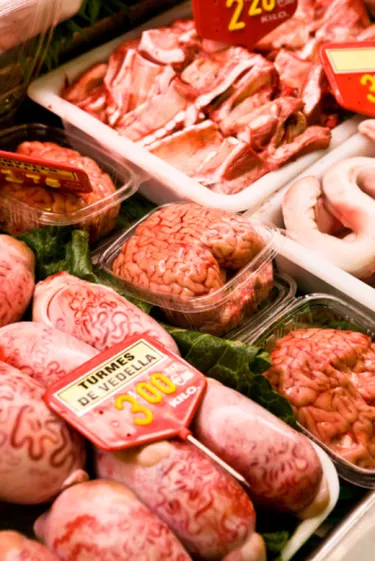
Incentives in economics are factors that can alter the buying behavior of consumers. They can either be decisions by governments or businesses, such as tax relief when buying hybrid cars or changes dictated by the "invisible hand" of the market, like a rise in oil's price. Professor Steven E. Landsburg even suggested in his book "The Armchair Economist" that "most of economics can be summarized in four words: People respond to incentives. The rest is commentary."
Switching to Inferior Products
Video of the Day
When the price of a good rises sharply, people who need the same quantities of the product (food, clothing) but can make do with lower quality, turn to inferior products. In the economic theory, inferior products are those for which demand rises when consumers' purchasing power declines. For example, when the price of well-known candy rises, consumers will turn to cheaper, inferior products to cover their needs.
Video of the Day
Change of Habits
For inelastic goods (products for which demand remains more or less the same despite fluctuations in price), such as oil and electricity, consumers change their habits to respond to rising or dropping prices. When for example oil prices rise, people will try to use their car less often, drive slower or do multiple tasks in one outing. Likewise, dropping prices in electricity allow people to keep house lights and electrical appliances (television, computers) open for longer hours.
Direct Incentives
Governments and businesses can offer incentives for consumers to spend more on certain products and services. Such incentives include tax relief for a series of environmentally-friendly products, such as hybrid cars (for example, hybrid cars don't have to pay congestion charge in Central London) or discount coupons offered by businesses. Consumers respond to such incentives with the aim of avoiding extra costs in the short or long term.
Interest Rates
Interest rates act as an incentive for businesses to invest and consumers to borrow money to spend. When banks have low-interest rates, it is easier for consumers to borrow money, spend on products (cars, houses, electrical appliances) or services (expensive vacations for example) and return roughly the same amount later. Likewise, high-interest rates can make consumers moderate on their spending, trying to make do with the available resources.